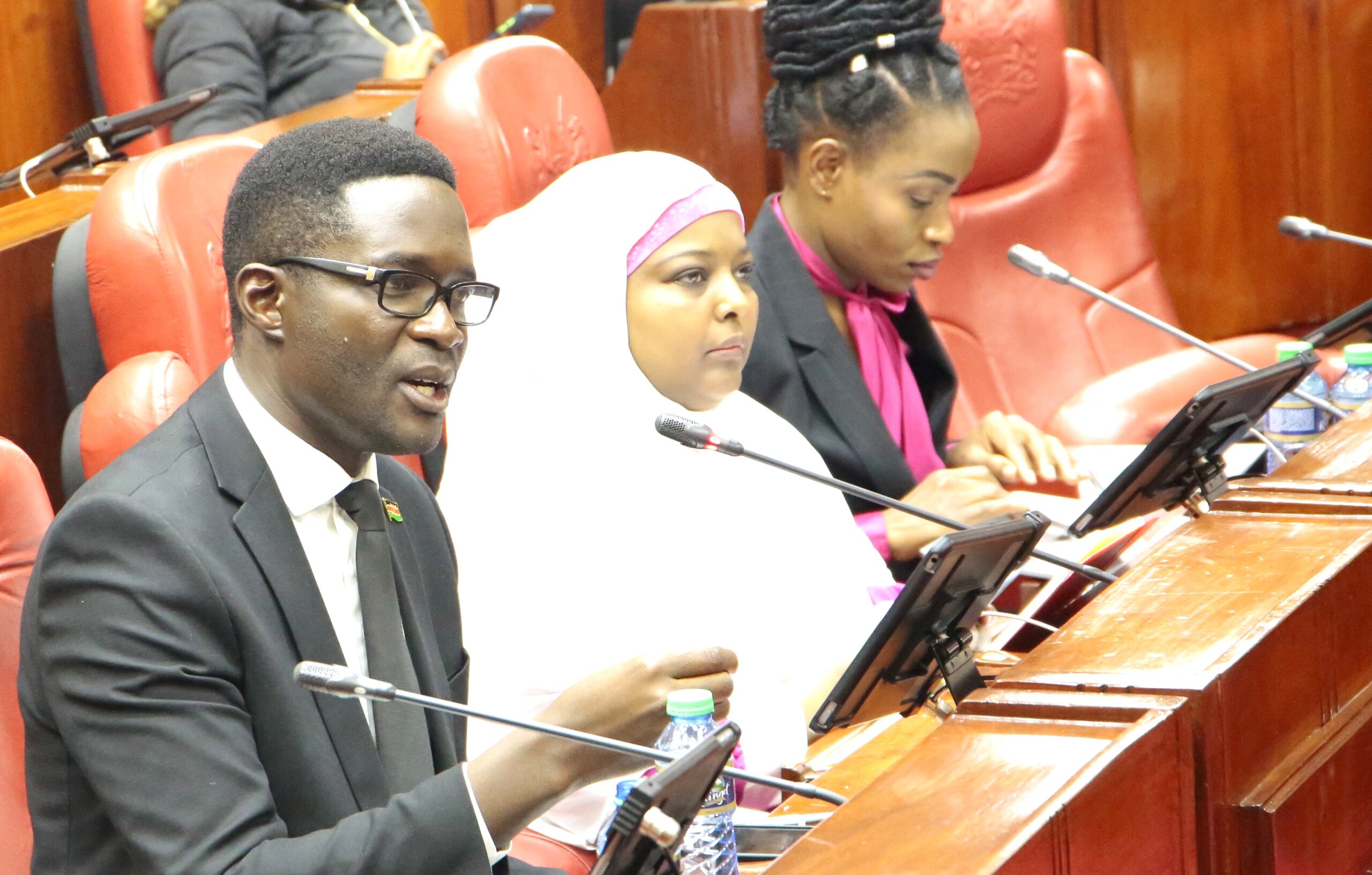Is Twiga Food’s Peter Njonjo the president’s right-hand man at Selu Limited?
Twiga Foods Limited has announced the transfer of the 20,000 acre Galana Kulalu Food Security Project to Selu Limited, a company privately owned by Twiga’s Group CEO, Peter Njonjo to establish to develop, manage, and operate the project on behalf of Twiga.
According to documents obtained by TechMoran, Selu is a solely owned by Peter Njonjo who is Twiga Foods Group CEO and is not co-owned by any other companies such as Campos, a farm management company overseeing over 600,000 acres of farmland in Latin America in a similar climate to Kenya and AgCo, a United States-based global leader in precision agriculture technology. At least not in Kenya.
The firm is registered under Peter Njonjo as director and majority shareholder holding all the 500 ordinary shares. Whether this will these will increase Njonjo’s confidence with investors or not the Galana Kulalu Food Security Project was an initiative of President Ruto to aid in food security across the country. President Ruto also announced another engagement with the firm through his loans initiative dubbed Hustler Fund. Twiga Foods was to disburse Ksh 500 million to smallholder farmers using Twiga Foods platform.
These two projects are not the president’s personal investments but the investments of over 50 million Kenyans into a private company solely owned by Njonjo, who, as a Twiga Foods CEO has not done enough to grow the firm’s foothold as tech platform connecting suppliers and consumers of agricultural products. Twiga Foods white-label products are also not doing well in the market and their impact have been inconsequential. The president’s move to award such a massive project to a private company with no known achievements also raises more questions than answers to who really owns Selu Limited and Twiga Foods which has Njonjo as one of its shareholders. The questions of whether Njonjo is the president’s right-hand man in these companies remains unanswered.
On the transfer, Twiga Foods Managing Director Peter Njonjo said: “We believe that Selu Limited is the best fit to manage the next stage of the project, which is to develop it further, manage and then operate it. This strategic move marks a significant step towards maximizing the impact of Galana Kulalu and accelerating its positive impact on the Kenyan agricultural landscape.”
Selu is currently undertaking the Development Phase covering 500 acres and targeting to achieve above 9 metric tons per hectare, 4.5 times the Kenyan average yield. The average yield of maize in Kenya is about 2 metric tons per hectare, with the global average yielding between 5 to 6 metric tons per hectare. The Galana Kulalu farm had yielded about 7.2 metric tons per hectare in past trials.
The development of the Galana-Kulalu project was supposed to be under a Public-Private Partnership with the Government of Kenya in a partnership that the two say aligns with the country’s long-term vision to spur agricultural development and promote food security in Kenya.
Selu is to undertake key agricultural industry initiatives and create a robust ecosystem of entrepreneurship and innovation that will reshape the agriculture landscape in Kenya and contribute to the overall development of the country.
Ms. Yvonne Okafor, who is managing the development phase at Selu, said: “We are delighted to be entrusted with the responsibility of developing the Galana-Kulalu farm project, which will be Kenya’s most significant maize producer. We are committed to implementing innovative strategies and leveraging state-of-the-art infrastructure to optimize efficiency and productivity. With a strong emphasis on sustainability, Selu aims to positively disrupt the agricultural sector in collaboration with key stakeholders to ensure we make a meaningful impact on food security.”
Selu has also partnered with reputable seed, fertilizer, and other farming input providers to achieve optimal yields and produce safe, high-quality maize. These collaborations will enable access to high-quality maize seed varieties and fertilizer.
Planting for the trial phase has kicked off and the maize in the trial phase is expected to grow over the next four months to determine the inputs that will be best for the commercial planting phase. The trial phase will determine the maize variety, fertilizer regime, plant spacing and population, best crop protection regime and the best soil improvement regime suited for Galana. The company aims to prioritize environmental sustainability by incorporating rotational crops, such as castor oil, that offer the additional benefit of reducing the project’s carbon footprint while generating renewable energy from biomass waste.
With a targeted start of commercial operations in the 4th quarter of this year, Selu will invest in the development of the 20,000 acres that is currently feasible based on available water from the Galana River throughout the year.
As the Government of Kenya embarks on developing a dam on the Galana River that captures run-off during the rainy season and maximizes irrigation potential, the scope of the Project will be scaled to 100,000 acres, and this will generate annual production equivalent to the average maize deficit in Kenya over the last 5 years and over 10% of the country’s annual production.
Selu is dedicated to implementing an innovative and environmentally conscious approach to its execution of the project resulting in an overall carbon reduction, soil enrichment, and water conservation.
Christopher Kirigua, Director-General of Private-Public Partnerships added: “Kenya has a strong Private-Public Partnership framework which is an enabler for the private sector to identify and grow critical industries which can drive rapid transformation and help the government achieve its commitments to the Public. His Excellency the President together with the Minister for Finance, are committed to PPPs and see them as being critical to strengthening private sector growth while driving economic growth and development and addressing public needs. Selu’s Project has been delivered through the new PPP framework which has delivered the private sector investment in a record 3 months.”



